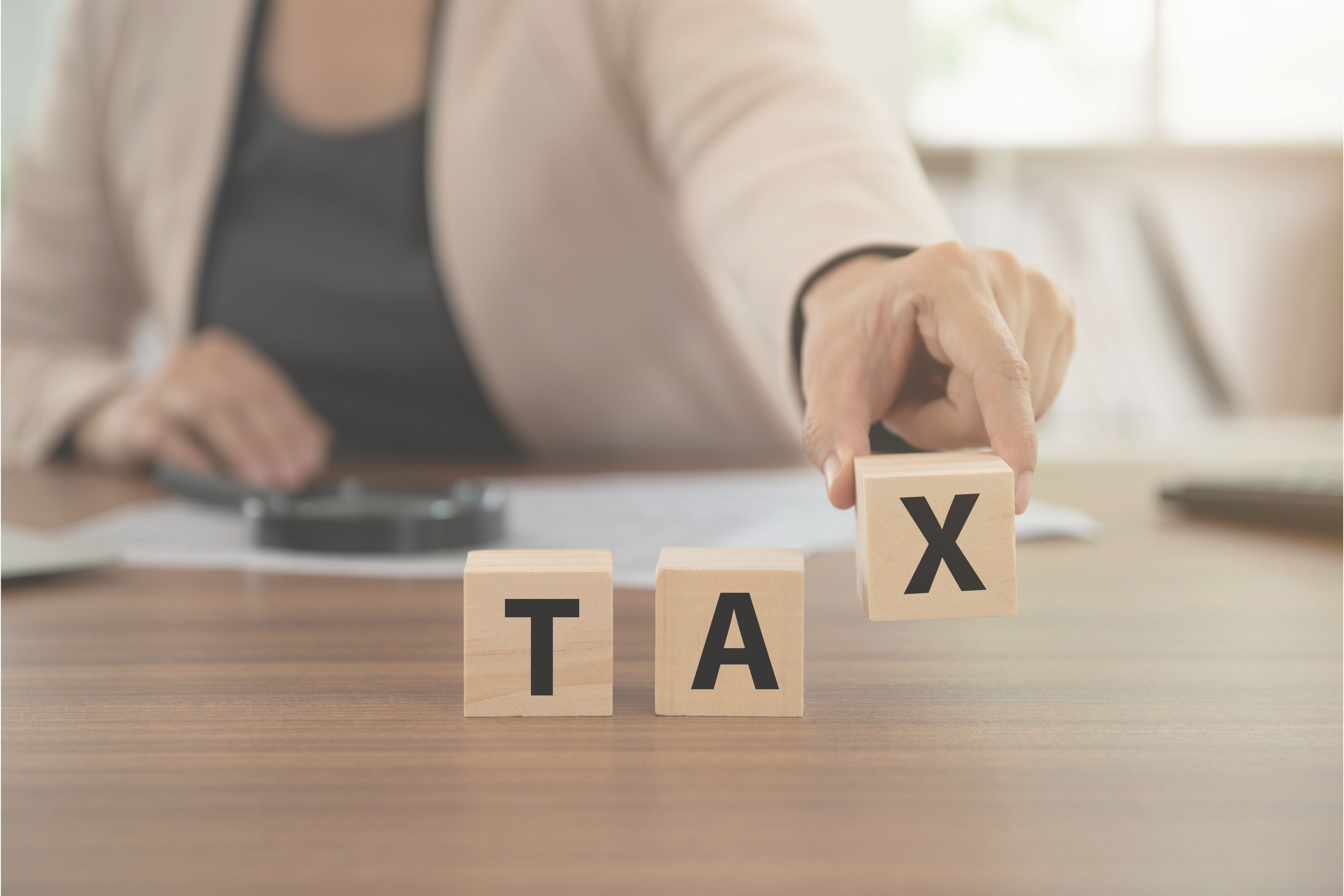How to Know If a Four-Day Workweek Is Right for Your Business
The four-day workweek has become one of the most talked-about workplace shifts of the last decade. Large corporations are experimenting with it....
3 min read
 Eric Joern
· October 19, 2022
Eric Joern
· October 19, 2022

The Tax Cut and Jobs Act of 2017 had many long-ranging implications, but perhaps none more significant than its effect on itemized deductions and how they changed SALT (state and local taxes) for folks when it instituted a cap on the SALT deduction. Since then, there have been notable changes to several state tax laws to allow for entity-level taxation. Many states (like Wisconsin) approved it in 2020, and even more followed suit the following year (including Illinois). That said, it’s not always the easiest thing to figure out and does require some planning on your part.
We thought we’d take a look at how to use a pass-through tax entity in Wisconsin and Illinois. Here’s some food for thought.
Without getting too deep in the weeds, the Tax Cut and Jobs Act limited itemized deductions for state taxes to $10,000. That includes real estate. That’s a big deal. For context, an average house in Illinois between $250,000 - $300,000 might carry over $10,000 alone in property taxes.
Fast forward to the beginning of 2020, some states started to enact something called entity level taxation or a pass-through entity (PTE) tax.
A pass-through entity tax is when you have an S-corp corporate or partnership, and you make the election to pay what would normally pass through your personal return to, instead, pay that state tax on your corporate return – at the corporate level. This has a couple of effects, but the biggest is that now those taxes are seen as state tax on the business – which reduces the taxable income that flows into your personal return.
The entity-level taxation in Illinois is 4.95%, which is also the same as the personal-level tax rate. That makes it a no-brainer to utilize in your tax planning no matter the size of your business. Here’s the thing, those tax rates are different for different states, so you’ll want to make sure that it makes sense for you and your business depending on the state you’re in. Wisconsin is a good example of this.
The entity-level taxation for Wisconsin is a variable rate and increases based on your income. That means that you’ll have to have a certain income level before you truly benefit from electing to pay pass-through entity tax. While we can’t give you exact numbers on when it makes the most sense for YOUR business (for that, let’s talk!), we’d say a safe assumption is somewhere around $125,000 in profit.
Like everything else, these decisions should be made based on your whole financial picture. Talk to your trusted advisor before making these decisions, but one thing to know is that if you are planning to utilize entity-level taxation, you’ll need to plan ahead. Estimated payments are required in quarterly installments throughout the year.
These are often earlier than you might realize. Take Illinois, for example: their last payment for this taxation is due on December 15th – before the end of the year – whereas an individual’s final estimated tax payments are due on January 15th the following year.
Paying on time and the correct amount is always the way to avoid taxation penalties. That requires an accurate estimate of the taxes you’ll pay. Alternatively, you can meet a safe harbor that is set by each state. This amount is generally based on the previous year's taxes, so you're going to have to match at least the bill that you had in 2021, if not more.
If your income went up or down, you may have to adjust that. Sure, you can wait to be refunded, but ideally, you’re going to want to make sure you’re accurate from the beginning and not rely on the government’s timetable for that refund. Your goal should always be to get as close as possible to breakeven between estimates and actual tax due.
If you made an election for PTE tax in tax year 2021, you will need to make a final estimated tax payment by 12/15/22 in Illinois to minimize any penalties for underpayment of estimated tax payments if you previously didn't hit the safe harbor.
If you haven't previously made a PTE election, you may want to make a tax estimate before the end of the year to ensure deductibility depending on your tax & accounting elections.
To take full advantage of entity-level taxation, you’re going to want to speak to a tax pro or your accountant. They should be well versed in understanding the laws for your specific state to help you keep as much of your money for your business as possible. We’ve helped countless businesses deal with these very challenges. Want to chat? We’d be happy to help.

The four-day workweek has become one of the most talked-about workplace shifts of the last decade. Large corporations are experimenting with it....

We've all seen the headlines. Another major company announces that everyone needs to be back at their desk. No exceptions. And if you're running a...

If you work with a payroll provider for your small business, payroll typically runs on a set schedule with very little day-to-day involvement from...